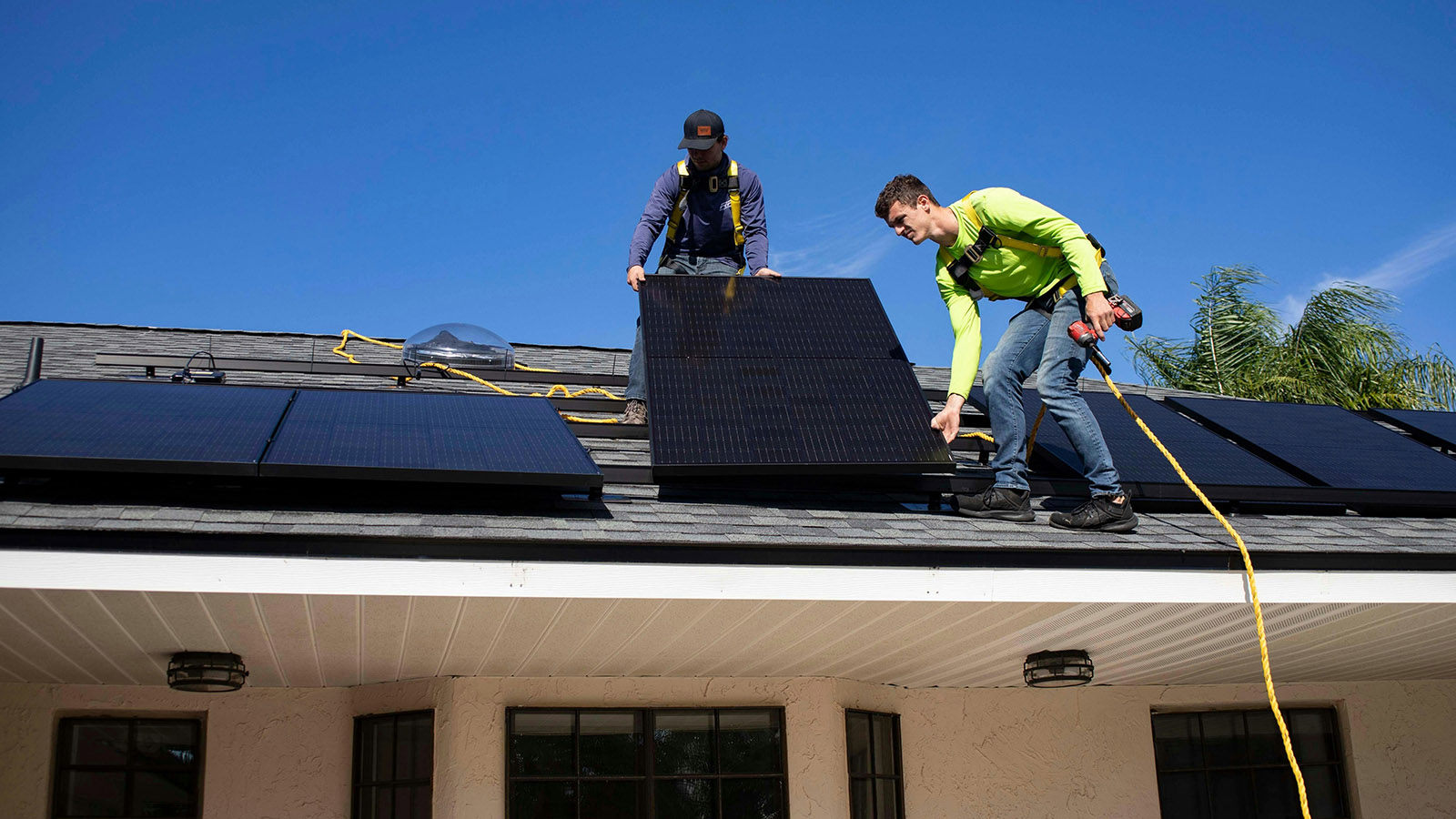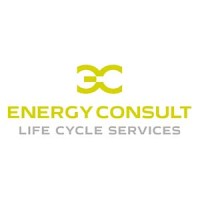Renewable Energy Jobs tagged "Control Engineering"
-
-
-
-
Flexible Full Time 4 days ago
-
-
On-site Full Time 4 days ago
-
On-site Full Time 4 days ago
-
On-site Full Time 4 days ago
-
-
On-site Full Time 4 days ago
-
Cuxhaven, Germany + 1 locationHybrid Full Time 4 days ago
-
United Kingdom + 1 locationRemote Contract Position 4 days ago
-
Hybrid Full Time 4 days ago
-
On-site Full Time 4 days ago
-
Control Engineering Jobs in Renewable Energy
The Equipment vs. Grid-Side Split
Control engineers in renewables work in two distinct domains. Equipment-side engineers develop and tune controls for turbines, inverters, and battery systems at manufacturers like Vestas, ENERCON, and Nordex. This involves PLC programming, sensor integration, and optimizing performance algorithms for individual machines. Grid-side engineers at developers and operators like SSE Renewables and Invenergy focus on protection and control systems, SCADA architecture, and ensuring plants meet grid code requirements.
This distinction matters for your job search. Equipment manufacturers prioritize embedded systems experience and manufacturing processes. Project developers need engineers who understand utility interconnection standards, substation protection schemes, and remote monitoring systems.
Specialized Control Domains Creating Opportunities
HVDC control engineering has emerged as a premium specialization, particularly for offshore wind transmission. These roles require understanding power electronics, grid stability, and fault ride-through capabilities. Battery management system (BMS) engineers are similarly in demand at companies like Fluence Energy, where energy storage controls must balance cell-level monitoring with grid services.
Control room operators and SCADA engineers maintain the operational backbone. Unlike fossil plants with continuous thermal inertia, renewable facilities require controls that respond to rapid weather-driven output changes while maintaining grid stability commitments.
Geographic and Technical Realities
Current openings concentrate in established manufacturing hubs (Germany, India) and markets with aggressive renewable deployment. India hosts significant control engineering roles across turbine manufacturing and solar development. European positions often emphasize grid code compliance expertise specific to interconnection requirements.
Engineers transitioning from process control or automotive embedded systems find their PLC programming and systems integration skills directly applicable. However, renewable-specific knowledge around grid codes, power quality standards, and power systems protection distinguishes successful candidates. Understanding both IEC 61850 communication protocols and the practical constraints of remote unmanned facilities provides significant advantage.
The field increasingly values engineers who can work across traditional boundaries. Controls expertise combined with power electronics, battery chemistry knowledge, or grid integration experience positions engineers for hybrid plant projects where solar, wind, and storage operate as coordinated systems rather than independent assets.
Get Job Alerts
Get alerts for Control Engineering jobs
Featured Jobs
Renewable Energy Blog Posts
-

Renewable Energy Forecast for 2030
By 2030, renewables are poised to supply nearly half of global electricity, with solar and wind leading this explosive expansion. In this data-driven piece, we explore job creation forecasts, supply chain bottlenecks, and policy hurdles. -

Fastest Growing Renewable Energy Sector: Data and Trends
In 2023, solar photovoltaics surged by 32.59%, officially making it the fastest-growing renewable energy source worldwide. Yet offshore wind, which soared by 57.87% in 2021, remains a formidable competitor in total electricity output due to its high capacity factor. This concise overview highlights how policy incentives, cost reductions, and manufacturing advances are propelling solar to the forefront of the global energy transition. -

Career Opportunities in Solar Energy
The solar energy sector is experiencing unprecedented growth, with over 7.1 million jobs in solar PV alone as of 2023. For professionals considering a career shift into renewable energy, solar offers pathways across R&D, manufacturing, project development, and operations.


















